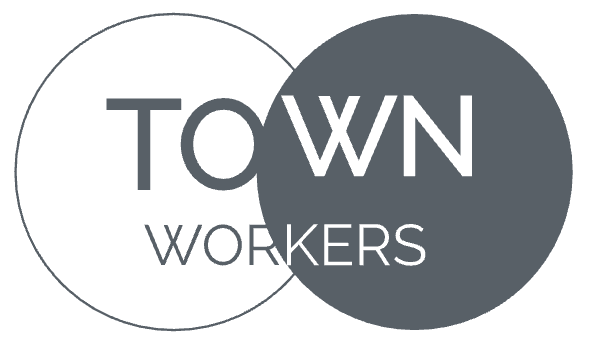In the world of retail, product knowledge is one of the most valuable assets a salesperson can have. It not only helps them to sell products more effectively but also builds trust and credibility with customers. In counter sales, where face-to-face interactions with customers are common, product knowledge is even more critical. In this article, we will explore the importance of product knowledge in counter sales and provide some tips on how to develop it.
Table of Contents
- What is product knowledge?
- Why is product knowledge important in counter sales?
- How to develop product knowledge
- Tips for applying product knowledge in counter sales
- Conclusion
- FAQs
1. What is product knowledge?
Product knowledge is the understanding of the features, benefits, and specifications of a product or service. It includes information on how the product works, what it does, how it compares to similar products, and what makes it unique. Product knowledge also includes knowledge of industry trends, regulations, and standards.
2. Why is product knowledge important in counter sales?
Product knowledge is essential in counter sales for several reasons:
- It builds credibility and trust with customers: When a salesperson has in-depth knowledge of a product, it shows the customer that they are an expert and can be trusted to provide accurate information.
- It helps salespeople to identify customer needs: By understanding the features and benefits of a product, salespeople can identify which products meet the specific needs of each customer.
- It increases sales: Customers are more likely to buy a product from a salesperson who can provide detailed information and answer their questions confidently.
- It reduces the risk of returns or complaints: When a customer has all the information they need about a product, they are less likely to return it or complain about it later.
3. How to develop product knowledge
Developing product knowledge takes time and effort, but it is worth it in the end. Here are some tips on how to develop product knowledge:
- Read the product manual and any other relevant literature provided by the manufacturer.
- Attend training sessions and seminars provided by the manufacturer or industry associations.
- Use the product yourself to understand how it works and its features and benefits.
- Ask questions of coworkers or experts in the field.
- Keep up-to-date with industry trends, regulations, and standards.
4. Tips for applying product knowledge in counter sales
Having product knowledge is one thing, but knowing how to apply it in counter sales is another. Here are some tips for applying product knowledge in counter sales:
- Listen to the customer: Understanding the customer’s needs is critical in applying product knowledge effectively.
- Highlight features and benefits: Be sure to explain how each feature of the product benefits the customer.
- Use analogies and stories: Analogies and stories can help customers understand complex features or benefits.
- Avoid using technical jargon: Customers may not understand technical terms, so use simple language.
- Provide options: Give customers different options that meet their needs and budgets.
5. Conclusion
Product knowledge is essential in counter sales. It not only helps salespeople to sell products more effectively but also builds trust and credibility with customers. Developing product knowledge takes time and effort, but it is worth it in the end. By applying product knowledge effectively, salespeople can increase sales, reduce the risk of returns or complaints, and provide excellent customer service.
FAQ’s
Product knowledge is the understanding of the features, benefits, and specifications of a product, while product expertise goes beyond that to include a deep understanding of the industry, market trends, and customer needs.
Also read
